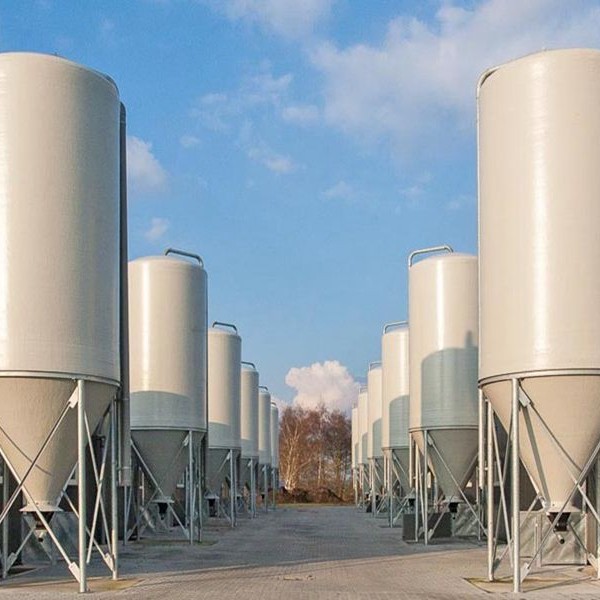
-
 Afrikaans
Afrikaans -
 Albanian
Albanian -
 Amharic
Amharic -
 Arabic
Arabic -
 Armenian
Armenian -
 Azerbaijani
Azerbaijani -
 Basque
Basque -
 Belarusian
Belarusian -
 Bengali
Bengali -
 Bosnian
Bosnian -
 Bulgarian
Bulgarian -
 Catalan
Catalan -
 Cebuano
Cebuano -
 China
China -
 China (Taiwan)
China (Taiwan) -
 Corsican
Corsican -
 Croatian
Croatian -
 Czech
Czech -
 Danish
Danish -
 Dutch
Dutch -
 English
English -
 Esperanto
Esperanto -
 Estonian
Estonian -
 Finnish
Finnish -
 French
French -
 Frisian
Frisian -
 Galician
Galician -
 Georgian
Georgian -
 German
German -
 Greek
Greek -
 Gujarati
Gujarati -
 Haitian Creole
Haitian Creole -
 hausa
hausa -
 hawaiian
hawaiian -
 Hebrew
Hebrew -
 Hindi
Hindi -
 Miao
Miao -
 Hungarian
Hungarian -
 Icelandic
Icelandic -
 igbo
igbo -
 Indonesian
Indonesian -
 irish
irish -
 Italian
Italian -
 Japanese
Japanese -
 Javanese
Javanese -
 Kannada
Kannada -
 kazakh
kazakh -
 Khmer
Khmer -
 Rwandese
Rwandese -
 Korean
Korean -
 Kurdish
Kurdish -
 Kyrgyz
Kyrgyz -
 Lao
Lao -
 Latin
Latin -
 Latvian
Latvian -
 Lithuanian
Lithuanian -
 Luxembourgish
Luxembourgish -
 Macedonian
Macedonian -
 Malgashi
Malgashi -
 Malay
Malay -
 Malayalam
Malayalam -
 Maltese
Maltese -
 Maori
Maori -
 Marathi
Marathi -
 Mongolian
Mongolian -
 Myanmar
Myanmar -
 Nepali
Nepali -
 Norwegian
Norwegian -
 Norwegian
Norwegian -
 Occitan
Occitan -
 Pashto
Pashto -
 Persian
Persian -
 Polish
Polish -
 Portuguese
Portuguese -
 Punjabi
Punjabi -
 Romanian
Romanian -
 Russian
Russian -
 Samoan
Samoan -
 Scottish Gaelic
Scottish Gaelic -
 Serbian
Serbian -
 Sesotho
Sesotho -
 Shona
Shona -
 Sindhi
Sindhi -
 Sinhala
Sinhala -
 Slovak
Slovak -
 Slovenian
Slovenian -
 Somali
Somali -
 Spanish
Spanish -
 Sundanese
Sundanese -
 Swahili
Swahili -
 Swedish
Swedish -
 Tagalog
Tagalog -
 Tajik
Tajik -
 Tamil
Tamil -
 Tatar
Tatar -
 Telugu
Telugu -
 Thai
Thai -
 Turkish
Turkish -
 Turkmen
Turkmen -
 Ukrainian
Ukrainian -
 Urdu
Urdu -
 Uighur
Uighur -
 Uzbek
Uzbek -
 Vietnamese
Vietnamese -
 Welsh
Welsh -
 Bantu
Bantu -
 Yiddish
Yiddish -
 Yoruba
Yoruba -
 Zulu
Zulu
fiberglass pipes and fittings for ship building
Fiberglass Pipes and Fittings for Shipbuilding
In the realm of shipbuilding, the selection of materials is critical to ensuring durability, efficiency, and sustainability of vessels. Among the various materials available, fiberglass pipes and fittings have emerged as a highly favored choice. Their unique properties provide significant advantages over traditional materials, making them indispensable in modern maritime construction.
Advantages of Fiberglass
Fiberglass, or glass-reinforced plastic (GRP), is composed of a matrix of polymer resin reinforced with glass fibers. This composite material is known for its high strength-to-weight ratio, corrosion resistance, and thermal insulation properties. These characteristics are particularly advantageous in maritime environments where conditions can be hostile, with exposure to harsh chemicals, saltwater, and varying temperatures.
One of the primary benefits of fiberglass pipes is their resistance to corrosion. Unlike metal pipes, which can suffer from rust and degradation due to exposure to moisture and saline environments, fiberglass is immune to such deterioration. This longevity reduces maintenance costs and extends the lifespan of the piping systems onboard vessels.
Another key advantage is the lightweight nature of fiberglass. Shipbuilders are continually seeking ways to reduce the overall weight of vessels to improve fuel efficiency and performance. Fiberglass pipes are significantly lighter than traditional metal options, allowing for more design flexibility and better load distribution. As a result, the reduction in weight can contribute to enhanced fuel economy and increased cargo capacity.
Design Flexibility
Fiberglass pipes and fittings can be easily molded into various shapes and configurations, allowing for intricate designs that can optimize space and functionality in shipbuilding. The ability to fabricate custom fittings means that shipbuilders can meet specific requirements for different vessels without compromising structural integrity.
Moreover, fiberglass can be manufactured with varying thicknesses and diameters, making it suitable for a wide range of applications, from freshwater and wastewater systems to fuel and oil lines
. The versatility of these materials allows shipbuilders to integrate them efficiently throughout the design of a ship, optimizing both utility and performance.fiberglass pipes and fittings for ship building

Environmental Considerations
As the shipbuilding industry moves toward more sustainable practices, the use of fiberglass materials aligns well with these goals. Fiberglass is not only recyclable but also has a lower environmental impact during its production compared to traditional metals. By choosing fiberglass pipes and fittings, shipbuilders can significantly reduce their carbon footprint and contribute to a more environmentally friendly industry.
In addition, the durability and chemical resistance of fiberglass lead to less frequent replacements compared to conventional materials. This contributes to less waste and fewer resources used over the lifetime of the vessel, promoting a more sustainable approach to maritime construction.
Applications in Shipbuilding
Fiberglass pipes and fittings are utilized in various systems aboard ships, including but not limited to
1. Freshwater Systems Ensuring clean water supply for consumption and other uses. 2. Wastewater Systems Efficiently managing waste discharge and treatment. 3. Fuel and Oil Lines Providing secure and leak-free transportation of fuels and lubricants. 4. Cooling Systems Facilitating temperature regulation in engine and machinery operations.
The robustness and reliability of fiberglass make it suitable for both new builds and retrofitting existing vessels. As maritime technology continues to advance, the prevalence of fiberglass in shipbuilding is expected to grow, driven by its many benefits.
Conclusion
In conclusion, fiberglass pipes and fittings are revolutionizing shipbuilding by offering a multitude of advantages that enhance the durability, efficiency, and sustainability of vessels. Their corrosion resistance, lightweight properties, design flexibility, and environmental benefits make them an ideal choice for modern maritime applications. As the industry evolves, the use of fiberglass is likely to play an increasingly central role in the future of ship construction, paving the way for more innovative and sustainable maritime solutions.









